

 The European Union in Ghana and the International Water Management Institute have celebrated the successful conclusion of the EU-funded Resilience Against Climate Change-Social Transformation Research and Policy Advocacy (REACH-STR) project.
The European Union in Ghana and the International Water Management Institute have celebrated the successful conclusion of the EU-funded Resilience Against Climate Change-Social Transformation Research and Policy Advocacy (REACH-STR) project.
The six-year REACH-STR project, implemented from 2019 to 2025 as part of the broader EU-Ghana Agriculture Programme (EU-GAP), sought to foster a more inclusive and sustainable economic growth policy and programming approaches in the Upper West and Savannah regions.
Through a combination of research, policy engagement, and capacity strengthening activities, the project delivered significant achievements, including Scholarships for 19 Masters and PhD students advancing research in climate resilience, migration, and gender, while generating evidence for decision-making.
It also left significant impact, including evidence-based solutions and empowered communities to better withstand climate shocks and environmental stress in the Upper West and Savannah regions.
There was also the training for over 50 district development officers on integrating social transformation into climate adaptation strategies.
Commenting on the project, Mr Massimo Mina, Head of Cooperation, European Union Delegation to Ghana, said the European Union (EU) had funded this six-year initiative, as a key component in the EU-Ghana Agriculture Programme (EUGAP), which aims to modernize Ghana’s agricultural sector and foster a climate-resilient future.
He said the EU was committed to creating sustainable and resilient agriculture, notably in the north of Ghana, which is heavily affected by climate change.
“Our interventions are integrated to make an effective impact. They include large technical assistance interventions combined with infrastructure, such as irrigation and transport, access to finance, and, of course, research,” Mr Mina added.
He said the vision of REACH-STR, which sought to incorporate social transformation research and policy advocacy into climate strategies, nurturing inclusive growth in northern Ghana, had been fulfilled.
He praised the International Water Management Institute and partners for delivering both tangible and far-reaching impactful results.
“We have witnessed strengthened research work, with scholarships awarded to 19 Masters and PhD students, who carried out substantial evidence-based research on climate resilience, migration and gender dynamics, which I hope will inform policymaking processes on those topics.”
There are currently 18 students after one of them died.
The project has also improved the understanding of social transformation with a six-step framework, a practical tool guiding the design of development interventions, which has empowered officers in Northwest Ghana with the ability to analyse and integrate social transformation into local planning.
Also, the gender and climate vulnerability hotspot map, a powerful data-driven tool to facilitate targeted and effective climate action, is also a particularly impressive and practical decision-support tool.
In addition, by co-organizing pre-COP and post-COP dialogues, the project has effectively raised the discussions on social transformation to national and international level, generating valuable inputs for inclusive finance, resilient development, and climate action.
“These achievements represent lives impacted, communities strengthened, and a foundation laid for a more sustainable and equitable future for Ghana,” Mr Mina said.
He expressed the hope that the project’s legacy would endure through the knowledge generated, the capacities built, and the tools developed.
In a speech read on her behalf, Dr Olufunke Cofie, Africa Director for Research Impact of IWMI, thanked the European Union for the funding and unwavering support through the EU-Ghana Agricultural Programme of the initiative to pursue shared mission of understanding social transformation and fostering climate resilience in communities.
“Our aim was to contribute to a more inclusive and sustainable economic growth, particularly in northern Ghana. Today, as we look back, it is truly inspiring to see how far we have come and the tangible differences we have made. The project’s success is a testament of the power of collaboration,” she said.
She called on all stakeholders, government ministries, development agencies, academia, FBOs, the private sector, and civil society organizations, to continue fostering strong collaborations that had been made through these projects.
Dr. Charity Osei-Amponsah, IWMI Deputy Country Representative and Project Coordinator, stated:“REACH-STR has demonstrated that inclusive climate action is not only possible but essential.
“By placing communities, especially women and youth, at the center of climate planning, we have helped build a foundation for stronger, evidence-informed decision-making across Ghana. The tools and knowledge we leave behind are meant to outlive the project and empower future efforts,” she added.
Madam Paulina Addy, Director Women in Agricultural Development, WIAD of Ministry of Food and Agriculture, said the development and dissemination of practical decision-support tools, such as the gender and climate vulnerability hotspot map covering all 261 districts particularly for the agriculture sector, provide tangible resources for transformative development planning at both sub-national and national levels.
“The legacy of the REACH-STR project, particularly in advancing our understanding and application of social transformation in enhancing climate resilience, must be sustained,” she said, adding that the Ministry was committed to continuing our collaboration with partners to integrate the valuable insights and tools into ongoing agricultural transformation agenda.?
The project implementation partners were the International Water Management Institute (IWMI), the University of Ghana-Centre for Migration Studies, Simon Diedong Dombo University of Business and Integrated Development Studies, and the Council for Scientific and Industrial Research-Science and Technology Policy Research Institute.
Source: GNA
The post European Union and IWMI mark successful conclusion of REACH-STR project appeared first on Ghana Business News.
Read Full Story


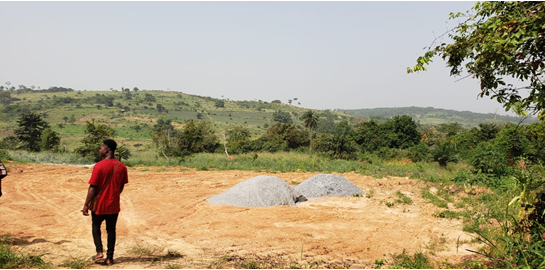

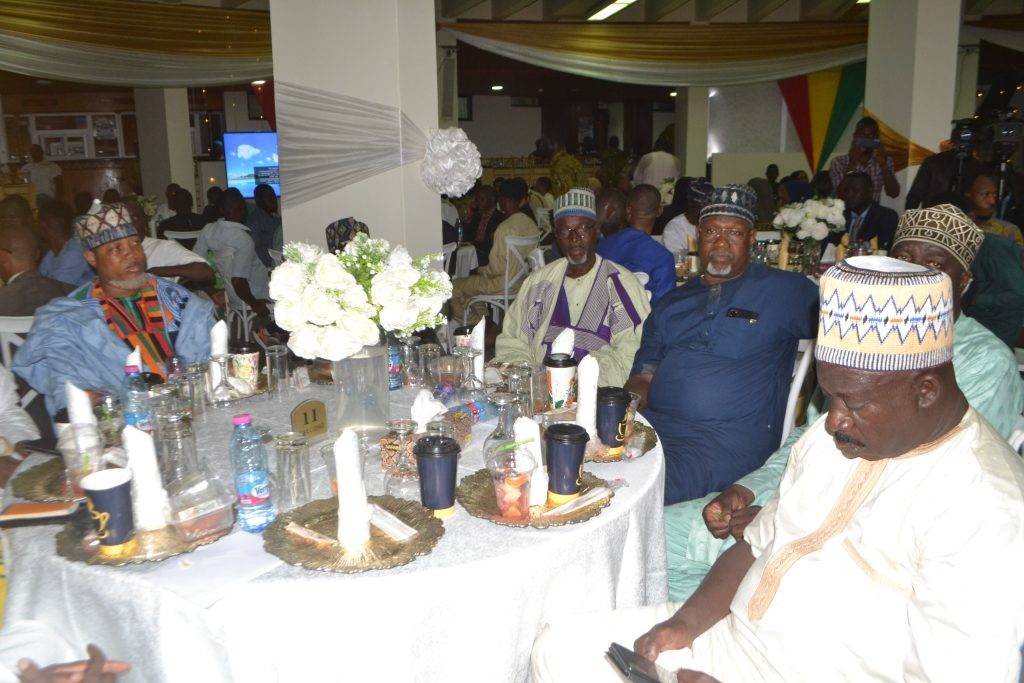
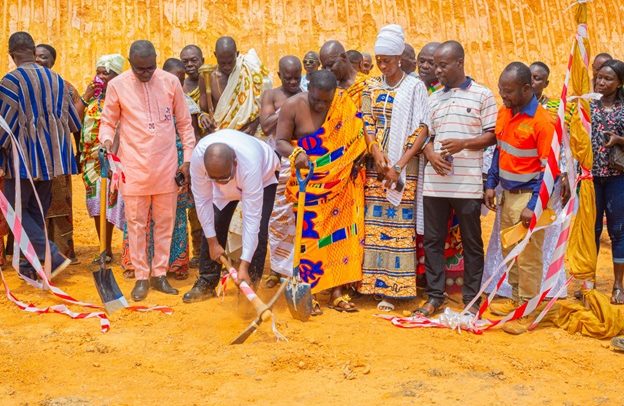





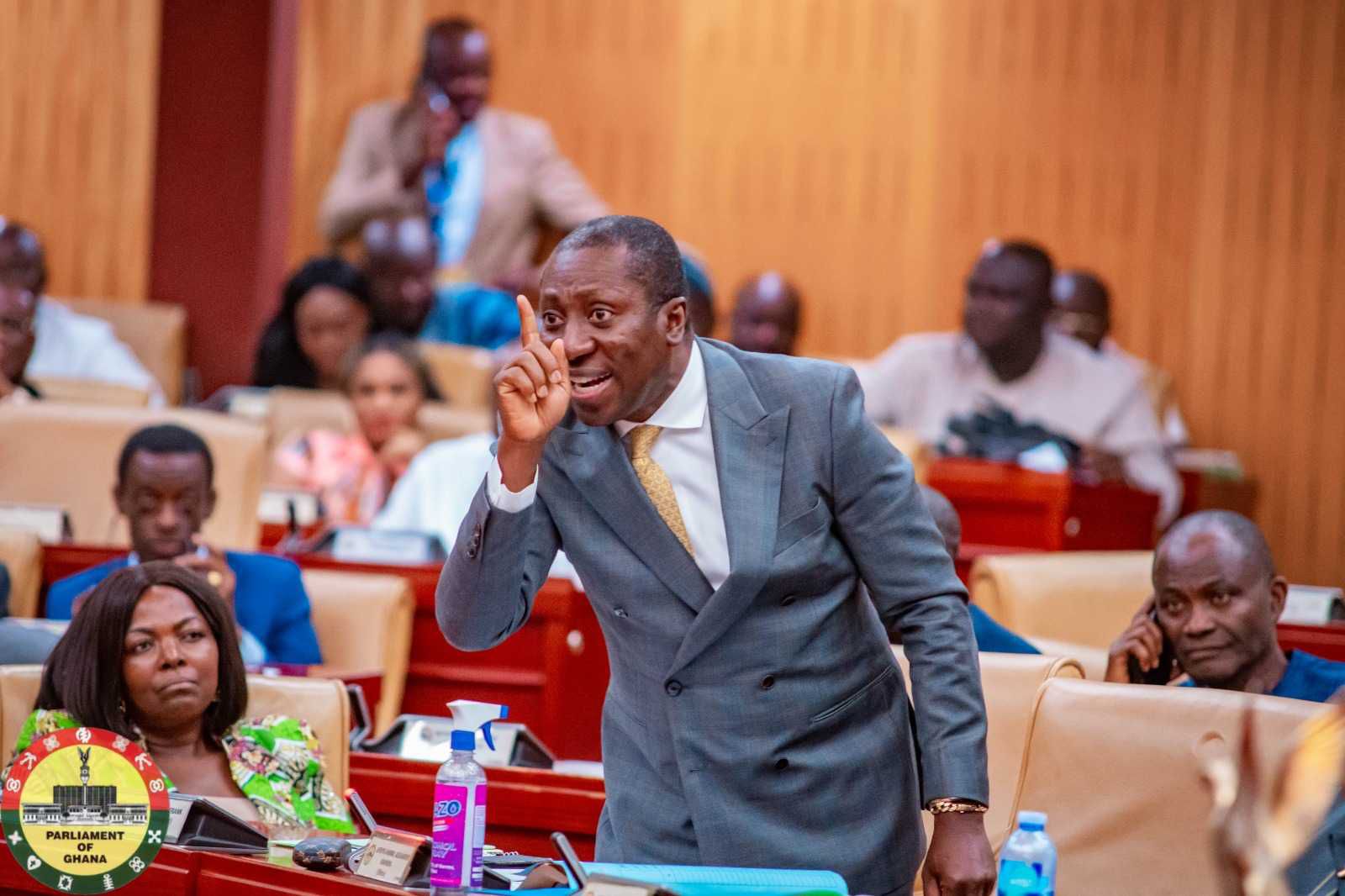
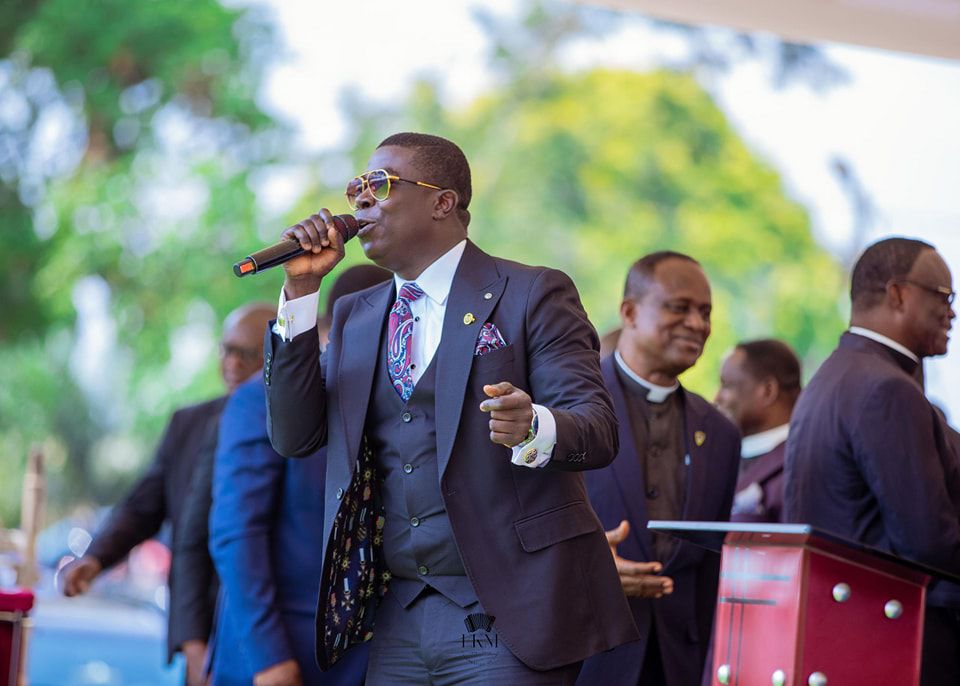
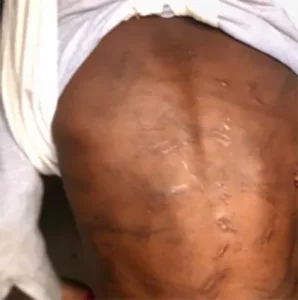



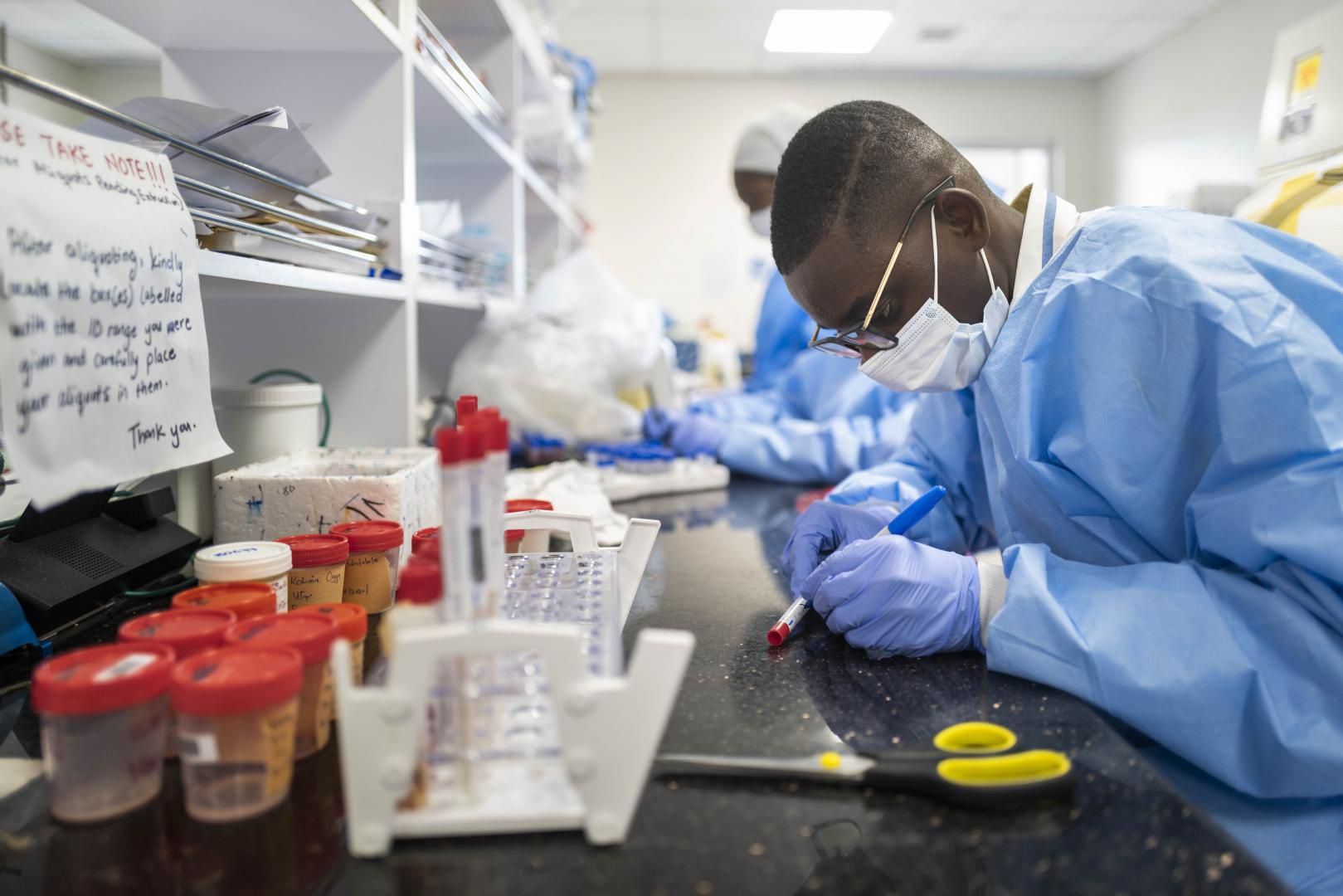
Facebook
Twitter
Pinterest
Instagram
Google+
YouTube
LinkedIn
RSS